On Liquid Restaking: Risks & Considerations
In recent months, liquid restaking protocols and liquid restaking tokens (LRTs) have seen tremendous growth, and are beginning to become systemically important in the EigenLayer ecosystem. There are many different flavors of LRT, each with different values, features, and offerings. All of these LRT projects are independent of the underlying EigenLayer protocol, and are built by teams unaffiliated with Eigen Labs.
Our core value is open innovation, so we are excited to see a host of projects innovating on and around EigenLayer. At the same time, LRTs introduce additional complexity, and therefore risk, to restaking. One particular bad outcome we seek to avoid is an arms race of opaque risk taking, so that if one project engages in it, other projects are forced to do the same or lose market share. This blog post seeks to shed light on some of the potentially more severe or imminent risks in the LRT ecosystem, and spur the community to analyze and consider them more deeply.
We speak often about maximizing open innovation - but equally important is our unwavering commitment to education and transparency so that users can make fully informed decisions about the ways they participate in the ecosystem.
Risks of Liquid Restaking Protocols
Liquid restaking protocols offer benefits that may be attractive to users, but also add complexity on top of restaking. This complexity creates additional risk, which varies by LRT depending on implementation and usage. This blog post discusses some of these risks. These risks are both technical and governance related, as different systems employ different types of technology and governance. Users should consider both angles on the sustainability of any particular liquid restaking protocol.
Enumerating and quantifying all relevant risks is challenging, and users are urged to make their own risk assessments before engaging with these systems. Here, we want to highlight the existence of two specific risks:
1) Financialization of LRTs
Recently, it has become possible to engage with some of the LRTs in a recursive borrowing strategy, colloquially called “looping”. This strategy clearly results in leverage, i.e., small downward fluctuations in market price of these LRTs can lead to amplified losses. Like leverage in other asset classes, these trading strategies can involve very significant risks, including volatility and deleveraging risks that could result in the loss of some or all of the assets.
In certain market conditions or if there are technical or implementation flaws, certain LRTs could trade at prices much lower than Ether, resulting in significant losses exacerbated by the looping mechanism. We urge users to understand the various risks and proceed with caution before engaging with LRTs and any looping or leverage.
2) Lack of Liquidity
EigenLayer contracts are designed with the functionality for restakers to withdraw from the system with a known one-week delay. However, per our understanding, some liquid restaking protocols do not yet have functionality for unstaking, and in some cases, the policies for when and how such functionality will be implemented and empower users to withdraw funds is unclear.
As a result, users who want to withdraw their funds may be forced to sell their LRTs on thinly traded markets with low liquidity. If the outflows are significant enough, this could result in the LRT being priced lower than ETH. As noted above, given the interdependence of some of these LRTs in DeFi and the nascency of these markets, that could have significant knock-on effects and losses for LRT holders. Again, these risks are significantly increased when involving looping or leverage.
A Bright Future
We appreciate the community's engagement with EigenLayer and are excited by the permissionless development that is flourishing in and around the EigenLayer ecosystem. We're hopeful and confident that the LRT ecosystem will continue to mature, introducing both new features and functionality that greatly benefit users, and mitigating risks that we observe today.
Along the way, we urge – and always will do so – users to proceed with caution, and developers to design and launch protocols responsibly. When users win, we all win. When users lose, we all lose.
We're excited to keep exploring the new and exciting frontier of restaking together!

